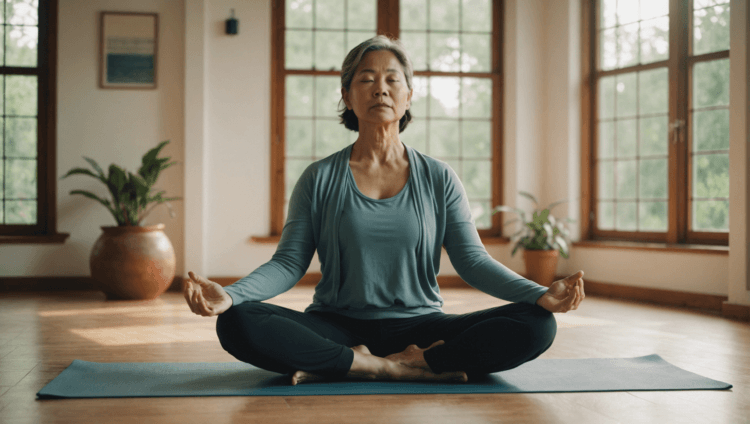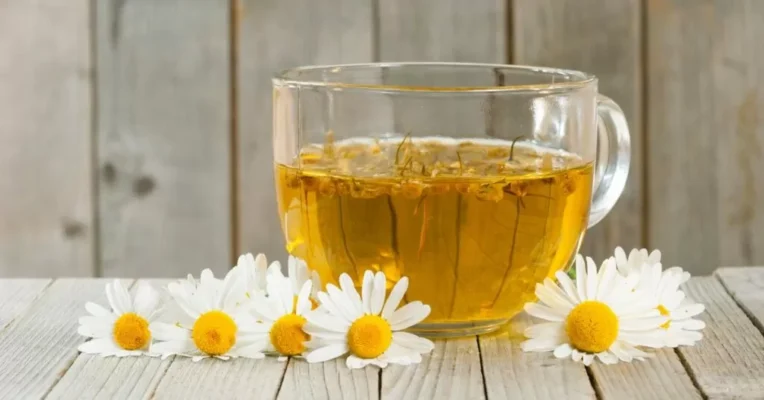Anxiety is a common emotional response to stress, often characterized by feelings of worry, nervousness, or fear. While occasional anxiety is a normal part of life, persistent or intense anxiety can interfere with daily activities and overall well-being. Many people seek natural methods to manage their anxiety, either in addition to or in place of medication. This article explores effective natural anxiety relief strategies, including lifestyle changes, herbal remedies, and mind-body techniques.
1. Lifestyle Changes for Reducing Anxiety

Regular Exercise
Physical activity is one of the most effective ways to combat anxiety. Exercise helps regulate stress hormones, boosts endorphins (feel-good chemicals in the brain), and improves sleep. Activities such as walking, jogging, yoga, and dancing can all be beneficial.
Balanced Diet
What you eat can impact your mood and anxiety levels. A diet rich in whole grains, lean proteins, fruits, vegetables, and omega-3 fatty acids (found in fish like salmon and in flaxseeds) supports brain health. Avoid excessive caffeine, sugar, and alcohol, as these can worsen anxiety.
Adequate Sleep
Lack of sleep can increase anxiety and make it harder to cope with stress. Aim for 7–9 hours of quality sleep each night. Establish a calming bedtime routine and limit screen time before bed to promote better rest.
2. Mind-Body Practices

Deep Breathing Exercises
Controlled breathing techniques, such as diaphragmatic breathing, can activate the parasympathetic nervous system and help calm the mind. A simple method: inhale deeply through your nose for 4 seconds, hold for 4 seconds, exhale slowly for 4 seconds, and repeat.
Meditation and Mindfulness
Mindfulness meditation involves focusing on the present moment without judgment. Regular practice has been shown to reduce symptoms of anxiety by encouraging mental clarity and emotional regulation.
Yoga
Yoga combines physical movement, breathing exercises, and meditation, making it an effective practice for managing anxiety. It helps release physical tension and cultivate a sense of inner peace.
3. Herbal and Natural Remedies

Chamomile
Chamomile tea is known for its calming effects. Some studies suggest that chamomile extract can reduce symptoms of generalized anxiety disorder (GAD), though more research is needed.
Lavender
Lavender essential oil may help relieve anxiety when used in aromatherapy or as a supplement. It is thought to have calming properties that promote relaxation.
Ashwagandha
An adaptogenic herb commonly used in Ayurvedic medicine, ashwagandha may help the body manage stress and lower cortisol levels, potentially reducing anxiety symptoms.
Passionflower and Valerian Root
These herbs are used to promote relaxation and improve sleep. While they may offer some relief, they should be used under the guidance of a healthcare provider, especially if you’re taking other medications.
4. Social and Emotional Support

Talk Therapy
Cognitive-behavioral therapy (CBT) is a highly effective treatment for anxiety. It helps individuals identify and change negative thought patterns that contribute to anxiety.
Support Groups
Sharing experiences and coping strategies with others facing similar challenges can be comforting and empowering.
Spending Time in Nature
Regular exposure to nature—such as walking in a park, hiking, or spending time near water—can reduce stress hormones and improve mood.
Conclusion
While anxiety can feel overwhelming, natural remedies and lifestyle changes offer a variety of tools for relief. From regular exercise and mindful breathing to herbal supplements and social support, there are many pathways to managing anxiety naturally. It’s important to remember that everyone is different, and what works for one person may not work for another. If anxiety is severe or persistent, consulting a mental health professional is crucial to ensure appropriate care and treatment.

